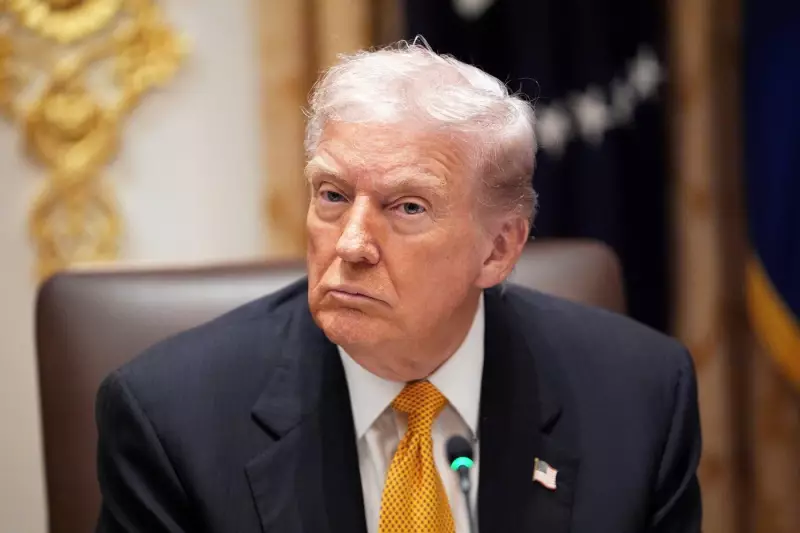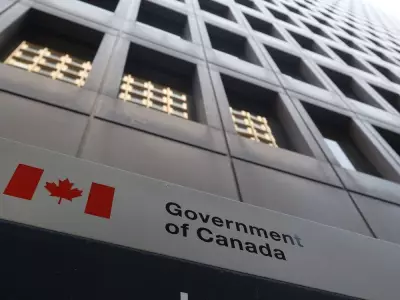
United States President Donald Trump has announced that the United States will boycott the upcoming G20 summit scheduled to take place in South Africa, repeating controversial allegations about the treatment of white farmers in the African nation.
The Diplomatic Decision
The announcement came during President Trump's meeting with Hungarian Prime Minister Viktor Orban at the White House on Friday, November 7, 2025. The two leaders convened in the Cabinet Room, where Trump made the significant foreign policy declaration that could have substantial implications for international relations.
This decision marks a significant escalation in the Trump administration's stance toward South Africa, building upon previous statements the President has made regarding the country's agricultural policies and land reform initiatives.
Background of the Controversy
President Trump has repeatedly voiced concerns about the treatment of white farmers in South Africa, allegations that the South African government has consistently denied. The controversy centers around land reform policies that aim to address historical inequalities stemming from the apartheid era.
The timing of this announcement places additional strain on diplomatic relations between the two countries and could potentially affect the dynamics of the entire G20 summit, which brings together leaders from the world's largest economies to discuss global economic cooperation.
International Implications
The boycott decision represents one of the most direct actions taken by the Trump administration in response to the situation in South Africa. By skipping the G20 summit, the United States signals its strong disapproval of South Africa's domestic policies, potentially encouraging other nations to reconsider their participation or stance.
This development occurs against the backdrop of numerous other national and international stories, including domestic Canadian issues ranging from childcare shortages in Toronto neighborhoods to environmental concerns in British Columbia and various provincial policy discussions across the country.
The absence of the United States at the G20 summit could significantly impact the outcomes of discussions on global economic policy, climate change initiatives, and international security cooperation that typically dominate the agenda of such high-level meetings.





